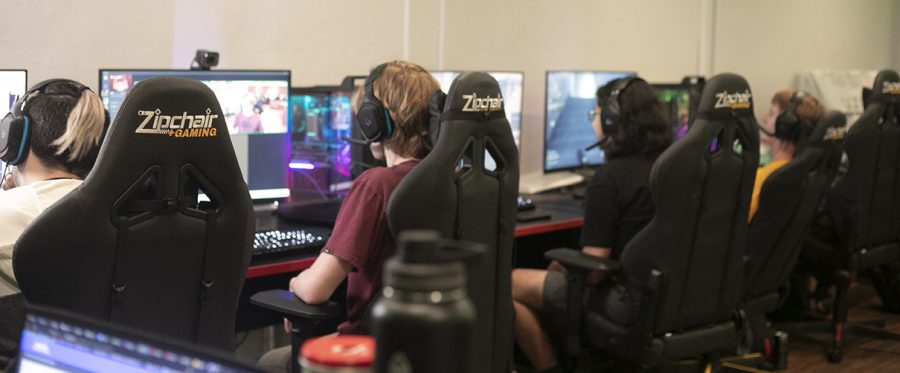Don’t let textbook prices become the wet blanket to your new semester excitement. There are many ways students can save money on textbooks from buying used or choosing an e-book to searching comparison websites or using rental services.
According to College Board, the average undergraduate student at a private university spent $1,213 on books and supplies during the 2011-12 school year.
“I’m on a budget,” Caroline Hoffmann, history senior, said. “I’d rather spend a day searching the Internet in order to find cheap textbooks than the convenience and high prices of the bookstore.”
That day-long search may not be necessary with new research tools. As of 2008, universities are required by The Higher Education Opportunity Act to list textbooks’ ISBNs in course listings, giving students advance notification of texts’ prices and allowing them to shop around for a better deal.
With public access to ISBNs, robust online textbook shopping has ensued. Many comparison websites, such as half.com and BigWords.com, have become popular, making online textbook shopping even easier.
Some college students have even taken action, such as Michael White, former Tufts University undergraduate student and co-founder of comparison website GetchaBooks.com.
“We were annoyed with bookstore prices and seeing our friends get ripped off,” White said. “We created GetchaBooks to keep finding textbooks easy and inexpensive, collecting ISBNs from colleges across the country and prices from trusted online book sellers like Amazon and Half.com.”
The comparison format speaks for itself. Let’s take the World Civilization to 1650 text “Worlds Together, Worlds Apart” for instance: it’s priced at the Loyola bookstore new for $148.50 and used for $111.50, but GetchaBooks shows that the same edition can be purchased for $70.52 at Half.com, $85.99 on Amazon and $70.61 on Amazon Marketplace.
White suggests that students use comparison sites to buy used books but to also find the right time and place to sell back. Students can often make more money on a text if they sell them online right before the beginning of the semester, rather than at the end.
“I buy all my textbooks on Ebay or Amazon because its so much cheaper,” finance senior Crystal Locicero said. “I sell them on Ebay and make a descent amount back, but it’s usually a two week process.”
For those strapped for time and money, renting textbooks may be a good option. Students can even shop around for rental prices, comparing eFollet rentals to online rentals, on sites such as Chegg.com. Chegg, often referred to as the Netflix of textbooks, saves students money while removing the burden of selling back or holding onto texts. For example, the same “Worlds Together, World Apart” text can be rented new at the Loyola bookstore for $96.53 and used for $71.28, but can also be rented for as little as $41.48 on Chegg.
“Most of my friends use Chegg – it’s a really cheap and easy service,” business management senior Ali Burdig said. “They even give you a box to send it back in.”
But, before renting, make sure you understand the rental agreement. The upshot to using Loyola bookstore rental services is that they’re in tune with the end of Loyola’s semester. “I like rentals –the bookstore lets you keep the book until after finals and are usually new copies,” Hoffman said. Don’t want to rent or buy? For those comfortable sans physical textbooks, using e-books may be the next best alternative. Students may even be able to find e-books free online on websites such as Flat World Knowledge and Textbook Revolution. Today, even a simple Google search with the text’s title and “PDF” may produce a free online copy.
White suggests to save money students shouldn’t buy their textbooks far in advance.
“Go to class the first week or two and judge how much you may need a text before buying it,” White said. “If you aren’t going to need it that much, you can always share a copy with a classmate or borrow it from the library.
Lauren Irwin can be reached at [email protected]













